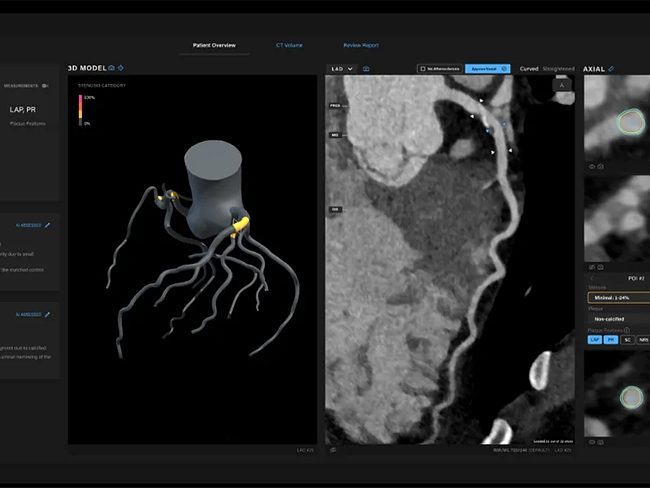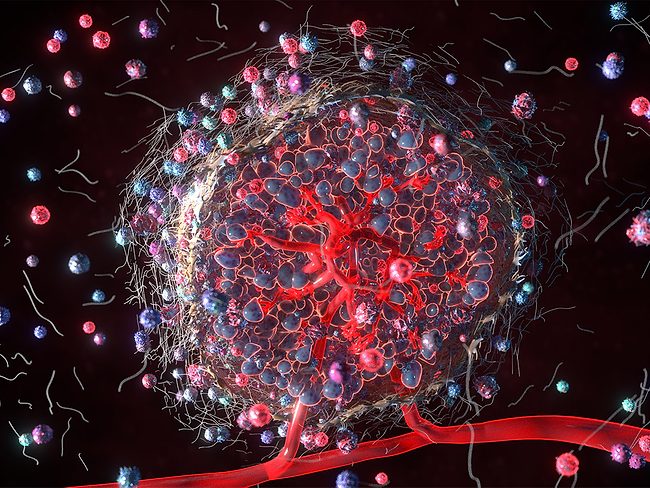
Artificial intelligence
Drug design, drug delivery & technologies
AI-based spatial omics unveils molecular talks in tumors
Read MoreDrug design, drug delivery & technologies
AI-based spatial omics unveils molecular talks in tumors
Read MoreDrug design, drug delivery & technologies
AI reads cancer cells’ 3D shape to predict their drug response
Read MoreDrug design, drug delivery & technologies







